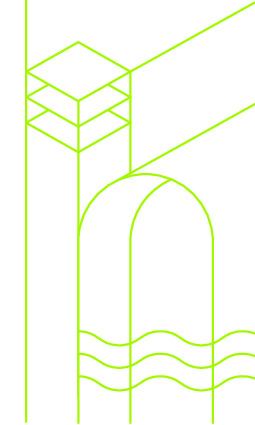|
|
|
| Module code: BIMA140 |
|
|
4VU (4 hours per week) |
|
6 |
| Semester: 1 |
| Mandatory course: no |
Language of instruction:
German |
Assessment:
Written exam
[updated 28.09.2020]
|
BIMA140 (P110-0115) Civil and structural engineering, Master, ASPO 01.04.2012
, semester 1, optional course
BIMA140 (P110-0115) Civil and structural engineering, Master, ASPO 01.04.2015
, semester 1, optional course,
BIMA140 (P110-0115) Civil and structural engineering, Master, ASPO 01.10.2017
, semester 1, optional course,
DFMCE-160 (P630-0129) Civil Engineering, Master, ASPO 01.10.2019
, semester 1, mandatory course,
|
60 class hours (= 45 clock hours) over a 15-week period.
The total student study time is 180 hours (equivalent to 6 ECTS credits).
There are therefore 135 hours available for class preparation and follow-up work and exam preparation.
|
Recommended prerequisites (modules):
None.
|
Recommended as prerequisite for:
|
Module coordinator:
Prof. Dr.-Ing. Thorsten Cypra |
Lecturer:
Dipl.-Ing. Daniel Bürtel
Dipl.-Ing. Marina Fritzsche
Peter Schuler
[updated 16.11.2020]
|
Learning outcomes:
After successfully completing this module, students will:
_ have acquired the technical competence to design systems for rail-bound traffic and implement them in practical designs.
_ be able to apply the special features characteristic for the operation of such transport systems and the legal principles, as well as the scientific findings to practice-oriented problems.
[updated 28.09.2020]
|
Module content:
_ Overview of rail-bound transportation systems
_ Legal principles, definitions
_ Designing railway systems in terms of their position and elevation (driving dynamics, routing, switches, railway crossings)
_ Operational infrastructure
_ Dimensioning the superstructure
_ Technical equipment (signalling systems, overhead line, block division)
_ Planning for railways (HOAI, approval procedure, tender)
[updated 28.09.2020]
|
Recommended or required reading:
EBO: Eisenbahn Bau- und Betriebsordnung mit Kommentar von Thoma, Dr.-Ing. Alfons, Hestra Verlag;
Fiedler: Bahnwesen, Werner-Verlag
Matthews, Volker: Bahnbau, Vieweg + Teubner- Verlag
Schiemann, Wolfgang: Schienenverkehrstechnik, Vieweg + Teubner- Verlag
[updated 28.09.2020]
|


